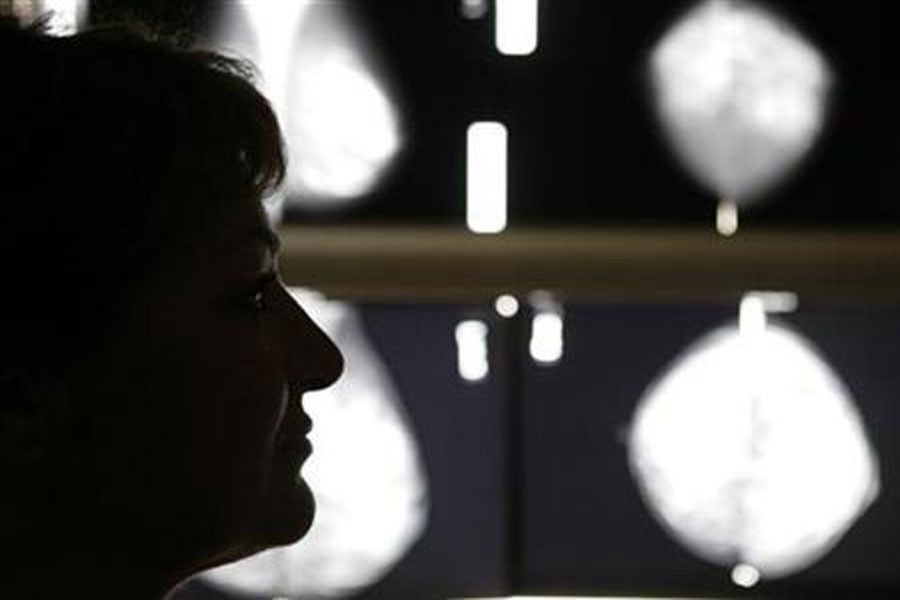Women are more likely to develop breast cancer when a mother or sister had this disease, and the risk associated with family history doesn’t appear to diminish with age, a US study suggests.
Family history has long been linked to a higher risk of breast cancer in younger women, who are generally advised to start getting screening mammograms when they’re ten years younger than the age their relative was at diagnosis, reports Reuters.
But family history has been thought to be less of a factor for the elderly, and women often stop routine screenings by their 70s.
“Older women with family history have an approximately two-fold higher risk of breast cancer compared to women with no family history,” said lead study author Dejana Braithwaite of the Lombardi Comprehensive Cancer Center at Georgetown University Medical Center in Washington, DC.
While current US guidelines advise women to get a screening mammogram every other year from age 50 to 74, the US Preventive Services Task Force hasn’t found sufficient evidence yet to weigh in on whether women should continue screening after that.
The goal of mammograms is to detect tumours before they can be felt in a physical breast exam, catching cancer sooner when it’s easier to treat. Ideally, this should mean fewer women are diagnosed when tumours are bigger, rapidly growing, and harder to attack.
But widespread screening can also catch small, slow-growing tumours that are unlikely to be fatal. Particularly when women are older or have a limited life expectancy, detection of these less dangerous tumours might result in needless tests and treatment.
But for older women with a family history of breast cancer, the benefits of screening may still outweigh the risks.
Researchers examined data on 403,268 women age 65 or older, including 10,929 who developed breast cancer during an average follow-up period of 6.3 years.
When women ages 65 to 74 had a family history, they were 48 percent more likely to develop breast cancer, the study found. For women 75 or older with a family history, the increased risk was 44 percent.
Overall, the elevated risk associated with family history didn’t appear to vary based on the relative’s age when diagnosed with breast cancer.
Among women ages 65 to 74, the risk tied to family history was highest for people with fatty breast tissue. After 75, however, the risk linked to family history was greatest for people with dense breasts.
Unfortunately, the study lacked data on second-degree relatives, such as grandmothers, aunts or nieces, researchers note in JAMA Internal Medicine.
“If they have a family history of breast cancer, and particularly if they also have high breast density, they may remain at elevated risk for breast cancer well into their 70s, said Natalie Engmann, a researcher at the University of California, San Francisco.


